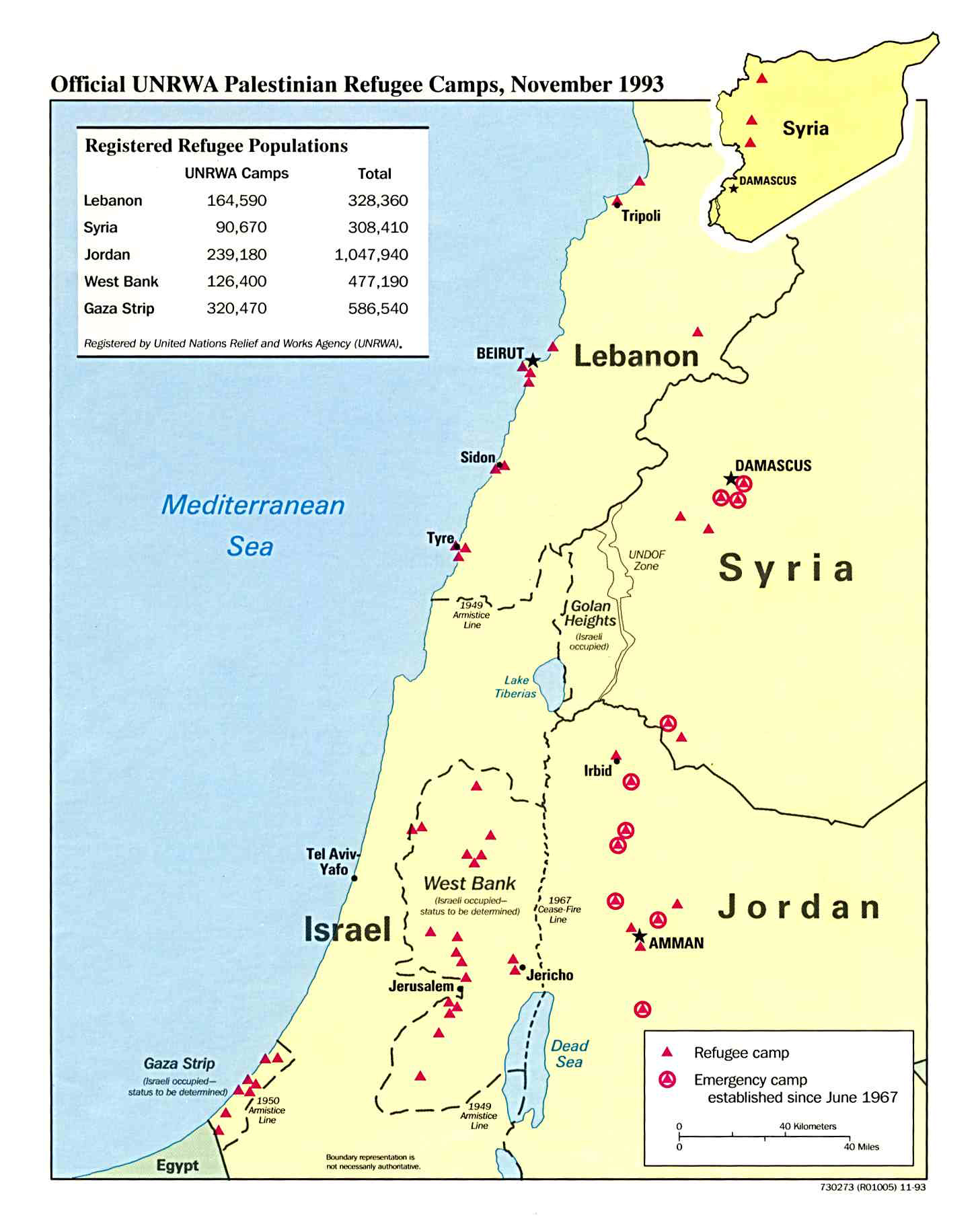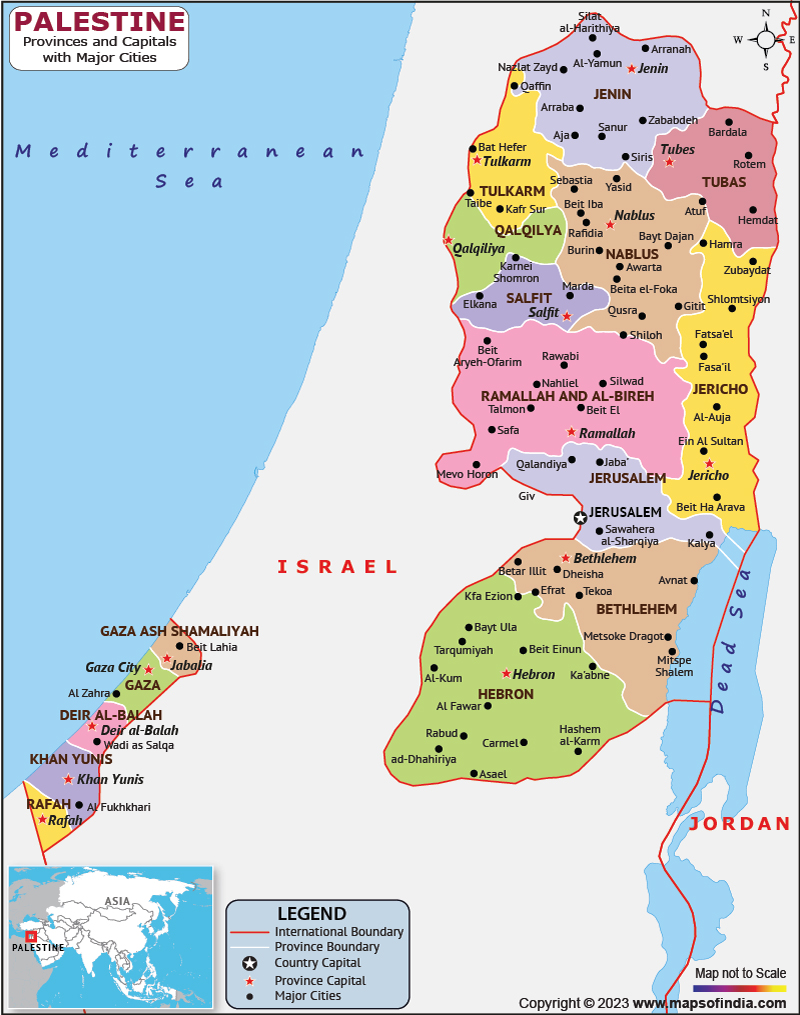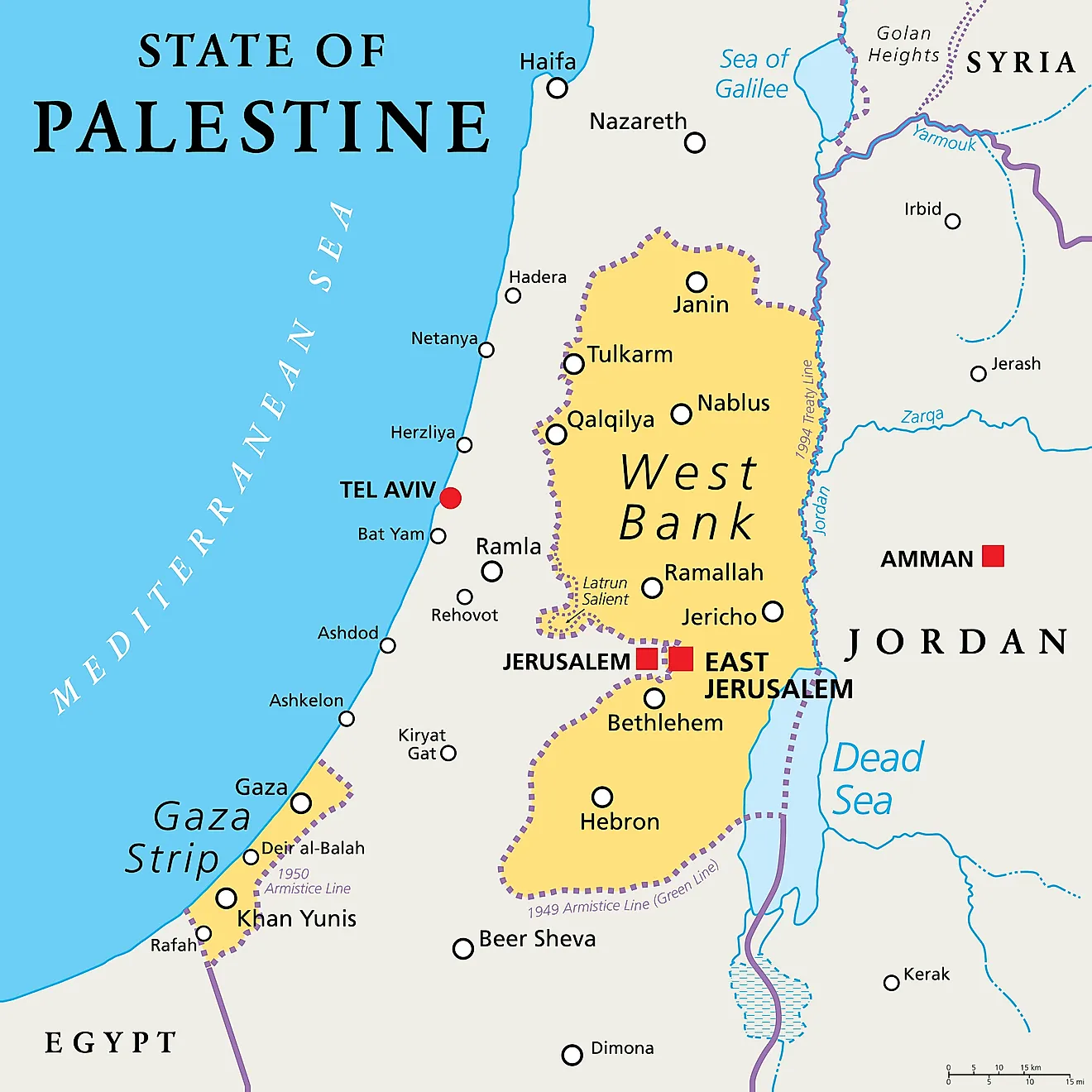The Volatile Triangle: Israel, Iran, And Palestine's Precarious Future
The geopolitical landscape of the Middle East has long been defined by intricate rivalries and deep-seated historical grievances. Among the most complex and volatile relationships is the escalating tension between Israel and Iran, a conflict that increasingly casts a long, dark shadow over the already dire situation of the Palestinians. What began as a proxy struggle has now erupted into direct military confrontation, with profound implications for regional stability and the lives of millions. Understanding the multifaceted nature of this conflict requires delving into its historical roots, the recent dramatic escalations, and the devastating impact it has on the Palestinian people, who often find themselves caught in the crossfire.
This article aims to unravel the layers of the **Israel Iran conflict**, examining how the long-standing animosity between these two regional powers has intensified, leading to direct military exchanges. We will explore the immediate consequences of these actions, particularly for the Gaza Strip and the West Bank, and analyze the broader implications for international law, global energy markets, and the ever-elusive quest for peace in the region. By connecting the dots between these major players – Israel, Iran, and Palestine – we can better grasp the precarious future that hangs in the balance.
Table of Contents
- A Deep-Rooted Enmity: The Israel-Iran Rivalry
- The Spark and the Escalation: Direct Confrontation
- Israel's Broadened Strikes and Iran's Response
- The Palestinian Front: Caught in the Crossfire
- The Hamas-Iran Nexus: A Complex Alliance
- International Law and Global Repercussions
- American Perceptions and the Nuclear Question
- The Elusive Peace: Failed Attempts and Future Prospects
A Deep-Rooted Enmity: The Israel-Iran Rivalry
The animosity between Israel and Iran is not a recent phenomenon but rather a decades-long saga rooted in shifting geopolitical alignments and ideological differences. While today they stand as sworn enemies, their relationship was once different. Historically, Iran played a role in the international community's attempts to address the future of Palestine. Notably, Iran was one of the 11 members of the special United Nations committee that was formed in 1947 to devise a solution for Palestine after British control of the territory ended, being one of three non-Western nations on the committee. This historical footnote highlights a very different era. However, the Iranian Revolution of 1979 fundamentally altered this dynamic. The new Islamic Republic adopted an anti-Israel stance, viewing the existence of the Jewish state as an illegitimate occupation of Muslim lands. For the past few decades, Iran and Israel have been enemies, with Iran explicitly stating its desire to "wipe Israel off the map." This existential threat perception from Tehran has fueled a shadow war across the Middle East, characterized by proxy conflicts, cyberattacks, and clandestine operations, culminating in the recent direct confrontations. The **Israel Iran conflict** has thus evolved from a cold war into a hot one, with profound implications for the entire region.The Spark and the Escalation: Direct Confrontation
The simmering tensions between Israel and Iran boiled over into direct military exchanges following a significant event on October 1st. Israel had vowed to hit back after Iran carried out a ballistic missile attack on Israel. In that attack, Iran fired more than 180 missiles at Israel, a clear and unprecedented direct assault that signaled a dangerous new phase in their long-standing rivalry. This Iranian salvo was a stark demonstration of Tehran's capabilities and its willingness to directly engage its adversary. In response, Israel's retaliation was swift and, as some observers noted, far beyond initial expectations. Late last week, Israel launched what was described by some as an unprovoked illegal war of aggression against Iran. While it was argued that Israel would launch an attack on Iran’s nuclear weapons program, while also attempting assassinations of senior officials, their initial assault went way beyond what could have been imagined. This massive, ongoing assault on Iran highlights an extraordinary shift in Israeli military doctrine, particularly since Hamas, Iran’s Palestinian ally, attacked the country in October 2023. The October 2023 attack seemingly provided Israel with a new strategic imperative, leading to a more aggressive posture against Iran. The shift from proxy warfare to direct engagement marks a critical turning point in the **Israel Iran conflict**.Israel's Broadened Strikes and Iran's Response
The direct confrontation quickly escalated into a sustained military campaign. On Saturday, June 14, 2025, Israel expanded its airstrikes to include targets in Iran’s energy industry as Iranian missile and drone attacks continued on Israel. This targeting of critical infrastructure signaled a significant escalation, aiming to cripple Iran's economic capabilities and pressure its leadership. The following day, Sunday, June 15, 2025, Israel unleashed airstrikes across Iran for a third day and threatened even greater force, a clear indication of its resolve to inflict substantial damage. Despite Israel's advanced air defenses, some Iranian missiles managed to evade Israeli air defenses to strike targets, demonstrating Iran's persistent capability to retaliate. The gravity of the situation was underscored by domestic reactions in both countries. Iran TV showed bomb damage, indicating the scale of destruction inflicted by Israeli strikes, while Israel declared a state of emergency, reflecting the immediate threat posed by Iranian retaliatory actions. This cycle of strikes and counter-strikes has plunged the region into an unprecedented level of direct conflict between two of its most powerful military forces. The ongoing nature of this direct engagement is a stark reminder that tensions continue to escalate between Israel and Iran, with no clear end in sight.The Palestinian Front: Caught in the Crossfire
As Israel wages its war against Iran, one of the most sensitive arenas affected is the Palestinian front. The interconnectedness of regional conflicts means that even seemingly distant confrontations have immediate and devastating consequences for the Palestinian people, particularly in the Gaza Strip and the West Bank.Gaza's Devastation Amidst Regional War
The tragic reality for Palestinians in Gaza is that even as the bombs rain down across Iran, Israel has continued its attacks on the Gaza Strip. This dual-front engagement highlights the relentless pressure on the besieged enclave. After 20 months of continuous conflict and blockade, Gaza has been reduced to rubble, with more than 55,700 Palestinians having been killed or severely injured. The humanitarian crisis is catastrophic, exacerbated by the ongoing regional conflagration. Recent reports confirm the relentless nature of these operations: Israel’s military operations in northern Gaza killed dozens of Palestinians on the weekend, according to officials in the enclave. This continued assault occurs even as ceasefire talks resume in Qatar, underscoring the immense difficulty of achieving any respite for the civilian population amidst broader regional hostilities. The suffering in Gaza remains a central, heartbreaking element of the wider geopolitical struggle, a constant reminder of the human cost of the **Israel Iran conflict**.West Bank's Fragile Stability
Beyond Gaza, the West Bank also experiences heightened tension and remains a fragile situation. The ripple effects of the **Israel Iran conflict** are acutely felt here, where daily life is already characterized by occupation and sporadic violence. The increased focus on the direct confrontation between Israel and Iran risks diverting international attention from the ongoing challenges in the West Bank, potentially leading to further instability. Palestinians across the territories are watching closely and anxiously, understanding that their fate is inextricably linked to the broader regional power struggles. The escalating tensions between Israel and Iran only serve to exacerbate an already precarious situation, making any prospect of a lasting peace even more distant.The Hamas-Iran Nexus: A Complex Alliance
A critical dimension of the broader regional conflict, and one that directly impacts the Palestinian question, is the relationship between Hamas and Iran. While often portrayed as a straightforward alliance, the reality is more nuanced. As Ali Vaez, director of the Iran Project at the International Crisis Group, told, “Hamas has a rather complex relationship [with Iran].” This complexity stems from differing ideological priorities and strategic calculations, even as both share a common adversary in Israel. Nevertheless, Iran has historically provided significant support to Hamas, particularly in terms of funding, training, and weaponry. Hamas’s attack on Israel in October 2023 served as a major catalyst, leading to an extraordinary shift in Israeli military doctrine. This event, which Israel views as being enabled by Iran, intensified Israel's determination to directly confront Tehran, moving beyond proxy warfare. The perception of Hamas as Iran's "Palestinian ally" has thus become a justification for Israel's more aggressive stance, further entangling the Palestinian issue within the larger **Israel Iran conflict**. The intertwining of these relationships means that any escalation between Israel and Iran inevitably reverberates through the Palestinian territories, often with devastating consequences.International Law and Global Repercussions
The escalating conflict between Israel and Iran, and its impact on Palestine, raises serious questions about adherence to international law and carries significant global repercussions, particularly concerning energy security.Allegations of War Crimes and Violations
In the heat of conflict, accusations of war crimes and violations of international humanitarian law are frequently exchanged. While Israel levels war crime allegations against Iran, its own actions in Gaza constitute blatant violations of international humanitarian law. This statement highlights a critical double standard perceived by many in the international community. The immense civilian casualties and widespread destruction in Gaza, as detailed earlier, have drawn severe criticism from human rights organizations and international bodies. The principles of proportionality, distinction, and necessity, which underpin international humanitarian law, are constantly tested in this volatile environment. The ongoing conflict underscores the urgent need for accountability and adherence to international norms, regardless of the parties involved. The lack of consistent application of these laws only serves to perpetuate cycles of violence and injustice, making resolution of the **Israel Iran conflict** and the Palestinian question even more elusive.The Strait of Hormuz and Global Energy Fears
Beyond the immediate human cost, the escalating regional tensions between Israel and Iran reaching a boiling point have significant global economic implications. The big fear is Iran starts striking targets in the Persian Gulf. This concern is not unfounded, as Tehran has threatened to shut down the Strait of Hormuz, a critical maritime passageway for nearly a fifth of the world's oil. Such a move would have catastrophic consequences for the global economy, leading to soaring energy prices and potential supply chain disruptions worldwide. The global community fears soaring energy prices, a concern that adds another layer of anxiety to the already complex situation. Palestinians are watching closely and anxiously, not only for their immediate safety but also for the broader economic fallout that could further destabilize their already precarious existence. The potential weaponization of global energy routes by Iran illustrates the far-reaching consequences of this conflict, transforming a regional dispute into a matter of international economic stability.American Perceptions and the Nuclear Question
The United States plays a crucial role in the Middle East, and American public opinion significantly influences its foreign policy towards the region. A key concern for Americans regarding Iran is its nuclear program. According to surveys, 61% of Americans view Iran’s nuclear program as either an immediate and serious threat to the U.S. (24%) or a somewhat serious threat (37%). This widespread concern in the U.S. underscores the perceived danger of a nuclear-armed Iran, which many believe would further destabilize the Middle East and pose a direct threat to Israel. This perception directly feeds into the dynamics of the **Israel Iran conflict**. Israel views Iran's nuclear ambitions as an existential threat, often citing it as a primary justification for its aggressive actions against Iranian targets. The international community, led by the U.S., has attempted various diplomatic and sanctions-based approaches to curb Iran's nuclear program, but progress has been inconsistent. The ongoing direct military confrontation between Israel and Iran adds another layer of urgency and risk to the nuclear question, as any miscalculation could have catastrophic global consequences.The Elusive Peace: Failed Attempts and Future Prospects
The history of the Israel-Palestine conflict is littered with failed peace attempts. From the various accords to countless negotiations, all of the times Israel and Palestine tried to make peace have ultimately fallen short of achieving a lasting resolution. The current escalation of the **Israel Iran conflict** further complicates this already intractable problem. The regional conflagration diverts attention and resources, hardens positions, and creates new layers of mistrust and animosity. With Iran and Israel engaged in major conflict, the prospects for a peaceful resolution to the Palestinian issue appear more distant than ever. The focus shifts from diplomatic solutions to military posturing, and the suffering of the Palestinian people continues unabated. For any meaningful peace to emerge, there must be a concerted international effort to de-escalate the broader regional tensions, address the root causes of the Israel-Palestine conflict, and ensure adherence to international law by all parties. Without such comprehensive efforts, the volatile triangle of Israel, Iran, and Palestine will continue to be a source of instability and human tragedy.Conclusion
The escalating direct conflict between Israel and Iran represents a dangerous new chapter in the Middle East's tumultuous history. What began as a shadow war has erupted into overt military confrontations, with Israel expanding its airstrikes into Iran's energy industry and Iran continuing its missile and drone attacks. This direct engagement has profound implications, not least for the Palestinian people, who remain tragically caught in the crossfire. As Gaza is reduced to rubble and the West Bank remains fragile, the human cost of this wider regional struggle is devastatingly clear. The intertwined destinies of Israel, Iran, and Palestine underscore the urgent need for de-escalation and a renewed commitment to international law. The threat of Iran striking targets in the Persian Gulf and shutting down the Strait of Hormuz highlights the global economic stakes, while the complex relationship between Hamas and Iran further complicates the path to peace. Understanding this volatile triangle is crucial for anyone seeking to comprehend the precarious future of the Middle East. We invite you to share your thoughts on this complex issue in the comments below. What do you believe are the most critical steps needed to de-escalate tensions and move towards a more peaceful future in the region? Your insights contribute to a vital global conversation. For more in-depth analysis of geopolitical events, explore other articles on our site.
Detailed political map of Palestine. Palestine detailed political map

Palestine Map | HD Political Map of Palestine

Palestine Maps & Facts - World Atlas